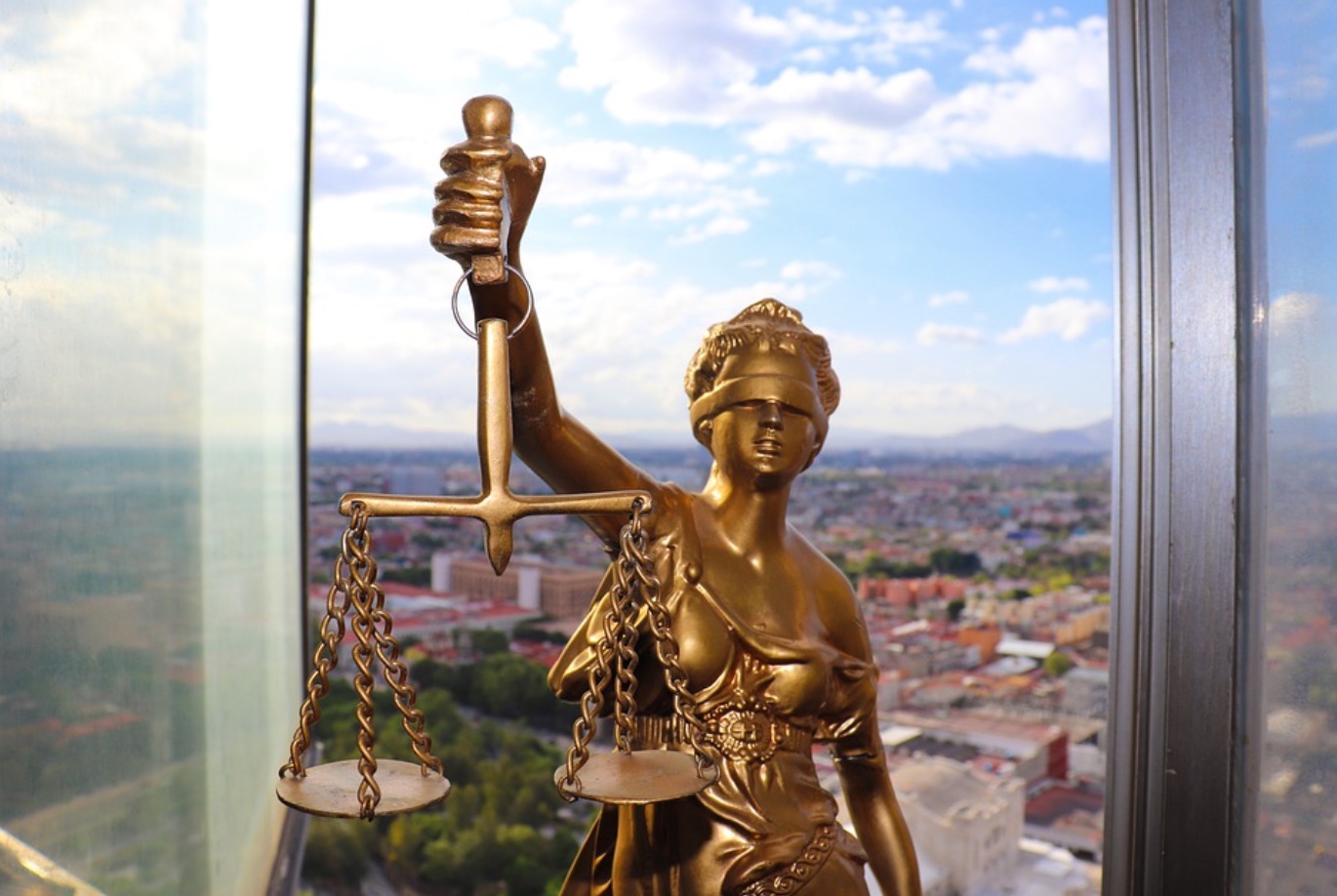Whistleblower laws serve as guardians of truth and integrity in a world where secrecy and misconduct can thrive unchecked.
Whistleblowers are a vital source of accountability and transparency within the intricate webs of government and corporate bureaucracy. These people are essential in exposing fraud, corruption, and wrongdoing since they frequently jeopardize their personal safety and careers in the process. The cornerstone of these brave people’s legal protection and encouragement is provided by whistleblower laws, which make sure that justice is done and the truth comes to light. This article examines the importance of whistleblower laws and how they can protect integrity, encourage responsibility, and develop a culture of moral behaviour.
Upholding Integrity in Corporate and Government Sectors
Whistleblower laws play a crucial role in maintaining integrity in the public and corporate domains. These rules enable employees and insiders to come out without fear of retaliation by offering avenues for reporting malfeasance and legal protections. At Bothwell Law Group whistleblowers can be at peace as they’ve operated as watchdogs, holding organizations responsible for their acts, whether they are revealing financial fraud, environmental infractions, or threats to public health.
Promoting Accountability and Transparency
Whistleblower laws are based on the accountability principle. By establishing a structure that encourages people to come forward when they see wrongdoing, these rules serve to prevent misconduct and guarantee that those who commit it are held accountable. Retaining trust in government agencies and organizations requires transparency. Protections for whistleblowers make it easier to reveal information that might otherwise stay secret, enabling in-depth investigations and remedial measures.
Fostering Ethical Conduct and Organizational Culture
In addition to addressing specific instances of wrongdoing, whistleblower laws also influence corporate culture. An environment of accountability and moral behaviour is promoted from the top down when staff members feel comfortable reporting unethical activity. Long-term success is more likely for organizations that put honesty and transparency first because they gain the respect and trust of stakeholders, clients, and the general public.
Ensuring Fairness and Justice

Laws protecting whistleblowers are crucial to maintaining justice and equity in society. Through safeguards for those who come forward with information, these rules make sure that people are not punished for acting morally. In order to reveal wrongdoing, whistleblowers frequently jeopardize their personal safety, careers, and reputations. These people can experience harassment, dismissal, or retribution if there are no legal protections in place. Laws protecting whistleblowers level the playing field and give people the courage to come forward since they are protected from retaliation.
The Impact of Whistleblower Laws: Facts and Figures
- According to the U.S. Securities and Exchange Commission (SEC), whistleblowers have contributed significantly to uncovering financial misconduct, resulting in over $2.7 billion in monetary sanctions since the inception of the SEC whistleblower program in 2011.
- A study by the University of Notre Dame found that companies with strong whistleblower policies in place were less likely to engage in financial misreporting.
- The False Claims Act, a key piece of legislation in the United States aimed at combating fraud against the government, has recovered over $62 billion since its amendment in 1986, with a significant portion attributed to whistleblower-initiated cases.
- Whistleblower protections vary across countries, with some nations offering comprehensive legal frameworks, while others have limited or nonexistent protections. The strength of whistleblower laws often correlates with levels of transparency and integrity within a society.
Conclusion
Whistleblower laws serve as guardians of truth and integrity in a world where secrecy and misconduct can thrive unchecked. These laws not only protect individuals who dare to speak out but also contribute to a broader culture of accountability, transparency, and ethical conduct. As we navigate the complexities of modern governance and corporate oversight, the importance of whistleblower protections cannot be overstated. It is imperative that governments, organizations, and society as a whole continue to champion these laws, recognizing the invaluable role whistleblowers play in upholding justice and preserving the public trust.


Join the conversation!